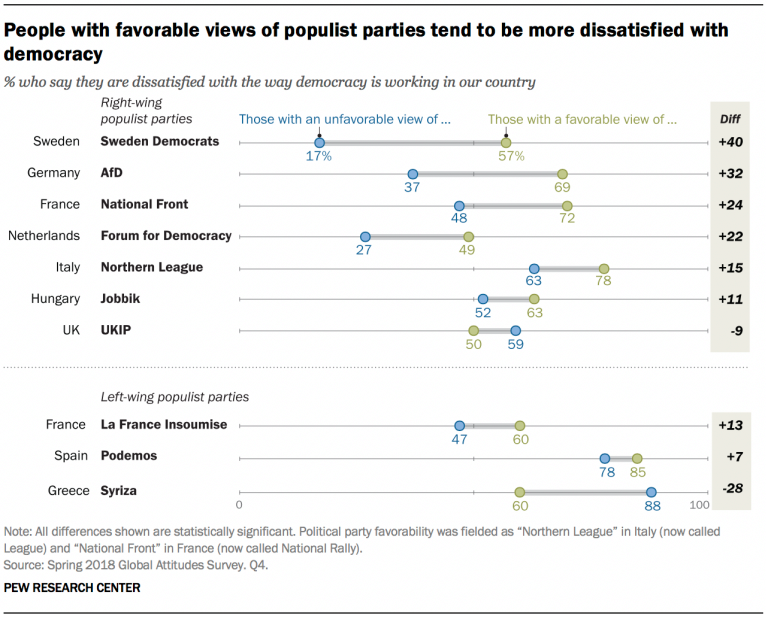My latest article on Impakter. I'm proposing a very easy-to-apply, simple fix that could save democracy. Interested? Here's the opening:
Democracy doesn’t work. Plato thought it was a terrible system, a prelude to tyranny, giving power to selfish and dangerous demagogues. Watching what is happening these days in democracies around the world, it’s hard to disagree with Plato. Democracy appears to produce an abundance of incompetent and dishonest political leaders, who exploit people’s credulity and prejudices and thrive on emotion-driven discourse and fake news.
This Impakter essay looks at the problems and proposes an easy fix - if only we had the courage to implement it.
First, let’s quickly review what’s wrong with democracy.
Why People Have Lost Trust in Democratically-Elected Politicians: The Rise of Incompetent Political Leaders
Most people don’t trust democracy to deliver. According to 2019 Pew survey, trust in government is at a historical low: only 17% of Americans today say they can trust the government to do what is right “just about always” (3%) or “most of the time” (14%).The situation in the rest of the world is not much better. A 27 countries Pew survey (April 2019) revealed that a majority (51%) are dissatisfied with the way democracy is working. Anti-establishment leaders, parties and movements have emerged on both the right and left of the political spectrum. And most people in developing countries find authoritarian figures more trustworthy than democratically-elected politicians. Hence the success of the “China model”.

Bottom line, elections don’t deliver the kind of political leaders people want.
After a honeymoon period between voters and their winning candidate, often as short as a month, he or she always disappoints. Why? Is it the fault of the voters, do they expect too much? Or don’t they understand what is going on - how complex the job of governing can be, how campaign promises can’t be kept?
It has been convincingly argued that, yes, it’s the voters’ fault. Dambisa Moyo, the well-known Zambian economist and author of Dead Aid (2009) in which she famously argued that foreign aid made Africa poorer, placed the blame squarely on voters:
“Voters generally favor policies that enhance their own well-being with little consideration for that of future generations or for long-term outcomes. Politicians are rewarded for pandering to voters’ immediate demands and desires…”
“Because democratic systems encourage such short-termism, it will be difficult to solve many of the seemingly intractable structural problems slowing global growth without an overhaul of democracy.”
Let’s put aside for the moment the question whether our overall goal should be “global growth”: A good argument could be made that the unrestrained pursuit of continued economic growth in a world of finite resources (and where there is no Planet B) can only be achieved at the expense of the planet’s ecological balance.Yes, climate change is real, have you heard? Ms. Moyo appears not to consider the possibility. But she does make some excellent points regarding “governance” - how we humans govern ourselves. And in particular, governance in a liberal democracy which is (still) considered, to use Churchill’s phrase, the least bad system. The actual quote is: “Indeed it has been said that democracy is the worst form of Government except for all those other forms that have been tried from time to time...’ Obviously, democracy is always better than dictatorship.
So what are the obstacles to good governance? Let’s list the obstacles Moyo has identified - plus a few of my own:
(1) Too many elections: She sees “the short electoral cycle embedded in many democratic systems” as a major problem...
Click here to read the rest. It's (as always) on Impakter. Yes, I'm still Senior Editor there - I was there when it all began, back in 2014, as I'm sure some of you remember...
Happy Holidays to all, and let me know what you think!

Comments